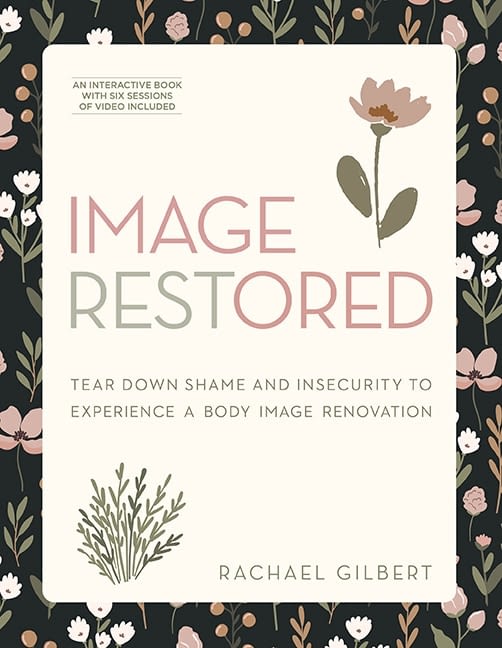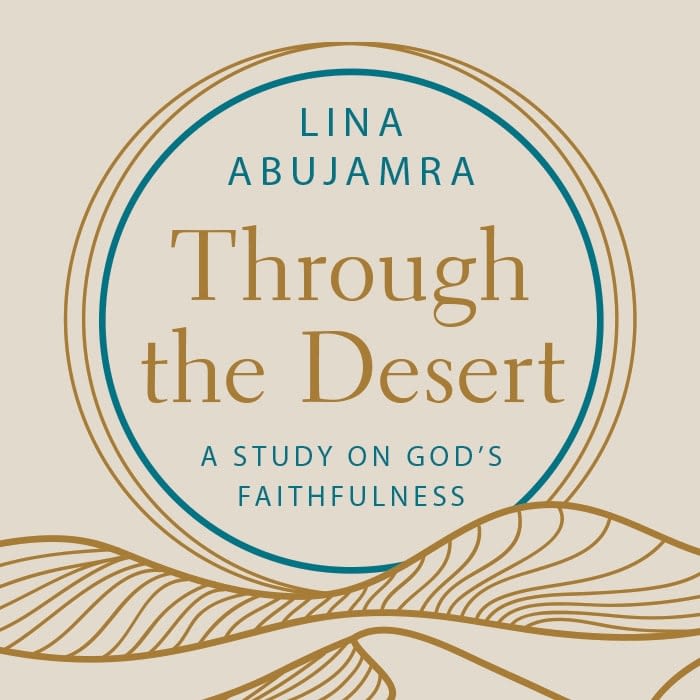What does it really mean to be human?
Is it your personality? Your soul? Your work, your story, your calling?
If you’ve ever looked in the mirror and asked, Who am I, really?—you’ve wrestled with a question that theologians, philosophers, and everyday believers have pondered for centuries.
This question—What does it mean to be human?—isn’t new. It’s ancient. Thankfully, the Bible doesn’t leave us guessing. It gives us a framework called theological anthropology—a lens to understand who we are, why we’re here, and how God is intimately involved in shaping both our identity and our purpose.
What Is Theological Anthropology?
Theological anthropology is the study of humanity through the lens of God’s story.
It helps us answer some of life’s most pressing questions:
- Who am I?
- Why do I exist?
- What does it mean to be human in today’s world—one shaped by both brokenness and God’s design?
While general anthropology looks at cultures, behaviors, and histories, theological anthropology explores how humans were created in God’s image (Gen. 1:26–27), how that image was affected by sin (Gen. 3), and how it’s being restored through Christ (Col. 3:10).
Why Should Christians Care About Theological Anthropology?
Theological anthropology isn’t just for scholars. If you’ve ever wrestled with your identity, your body, your purpose, or your place in the world—this conversation is for you. Theological anthropology is for all of us who want to understand what God says about our identity, our worth, and how to live as whole, embodied image-bearers in a fractured world.
If you’re a woman navigating your calling, a mom raising kids, a student figuring out your future, a leader navigating pressure, or simply someone trying to live faithfully, then theological anthropology is already shaping you.
Knowing what the Bible says about humanity gives you:
- Language for what you’ve felt but couldn’t articulate.
- Courage to confront lies about your worth.
- Vision for who you’re becoming in Christ.
You don’t need to master every term. But you do need to know this: you were made on purpose for a purpose—and that purpose is rooted in who God is.
Theological anthropology helps you see that your value doesn’t come from hustle, performance, or how “together” you look on the outside. Your worth is rooted in the fact that you were made by God, for God, in the image of God.
What Does It Mean to Be Made in the Image of God?
Being made in the imago Dei—the image of God—is one of the most profound truths in all of Scripture. But let’s be honest: it can also feel abstract. What does it mean?
Historically, theologians have offered a few lenses:
- Structural: You resemble God through traits like reason, creativity, conscience, and the ability to love.
- Functional: You reflect God by acting as His representative—caring for creation, leading with wisdom, working with purpose.
- Relational: You mirror God’s nature through your capacity for relationship—with Him and with others.
Put simply: being human means bearing a divine fingerprint. Not in a vague or mystical way, but in a way that calls you to live with purpose, value, and dignity.
How Did Sin Distort What It Means to Be Human?
After the fall in Genesis 3, everything changed. The image of God in humanity wasn’t erased, but it was fractured.
Where we were once whole, sin introduced brokenness:
- in our relationship with God
- in how we view ourselves
- in how we treat others
- in how we relate to our bodies and the world around us
Romans 8:22 says “the whole creation has been groaning.” That groaning is something we feel in our bodies, our minds, and our relationships. And yet, theological anthropology doesn’t stop at brokenness—it points us to hope.
How Does Jesus Restore Our Humanity?
Jesus isn’t just a model for spiritual living—He’s the model for what it means to be fully human.
Colossians 1:15 calls Him “the image of the invisible God.” Where Adam failed, Jesus fulfilled. In His life, death, and resurrection, He didn’t just save us from sin; He restored the possibility of true humanity.
That’s why following Jesus isn’t just about reading your Bible and going to church. It’s about becoming more whole, more human, more aligned with who God created you to be—mind, body, and spirit. It’s about introducing others to Jesus so that they, too, can benefit from this spiritual transformation that comes from growing in knowledge and having a personal relationship with Him.
Through Christ, we are being made new (2 Cor. 5:17)—into fully restored image-bearers.
How Does Theological Anthropology Affect the Way We View Ourselves and Others?
Here’s where theological anthropology gets incredibly practical.
When you know and understand you’re made in the image of God:
- You can embrace your body as good, even if it’s aging, aching, or different than you wish.
- You can honor other people, even those you disagree with, because they, too, carry God’s image.
- You can approach work, parenting, creativity, leadership, and even rest as holy callings.
- You can resist the cultural lie that your value is in your performance, looks, or productivity.
This framework also challenges how we treat marginalized people, navigate gender and race conversations, and engage in justice (James 2). If every person bears God’s image, then every life holds sacred worth.
Becoming Fully Human, Not Just “More Spiritual”
The goal of Christianity isn’t to escape your humanity—it’s to redeem it.
Theological anthropology invites you to a more grounded, more honest, and more hopeful faith. It tells the story of who you are, where you come from, what went wrong, and how God is making all things new—including you.
Ready to Explore Systematic Theology More In-Depth?
Theological Anthropology is just one branch of Systematic Theology, a disciplined approach that allows us to better understand and explain our religious beliefs by organizing theological concepts into a logical framework.
Read What is Systematic Theology? A Beginner’s Guide to get a solid overview of all ten branches, and then be sure to visit these articles on the Esther Press website to explore each area more in depth.
- Pneumatology: Who Is the Holy Spirit and Why is He Important?
- Bibliology: How Does God Communicate with Humanity?
- Hamartiology: Why Are Humans Morally and Spiritually Broken?
Be sure to visit our article on how to find a good theological Bible Study for women for helpful tips and recommendations for finding the right theological Bible study for you. Alternately, you might enjoy these Bible studies perfect for small groups if you prefer to read and discuss with a group.

Being Fully Known
Are you weary of the pressure to do more when you long to be more of who God created you to be? Step into your God-given, joy-filled identity as you follow the mentoring of the Holy Spirit through this life-changing guide.

Image RESTored
With journaling prompts, coloring sheets, and therapist insights, Image RESTored helps Christian women see themselves in a new and loving way with an inside-out body image renovation.




